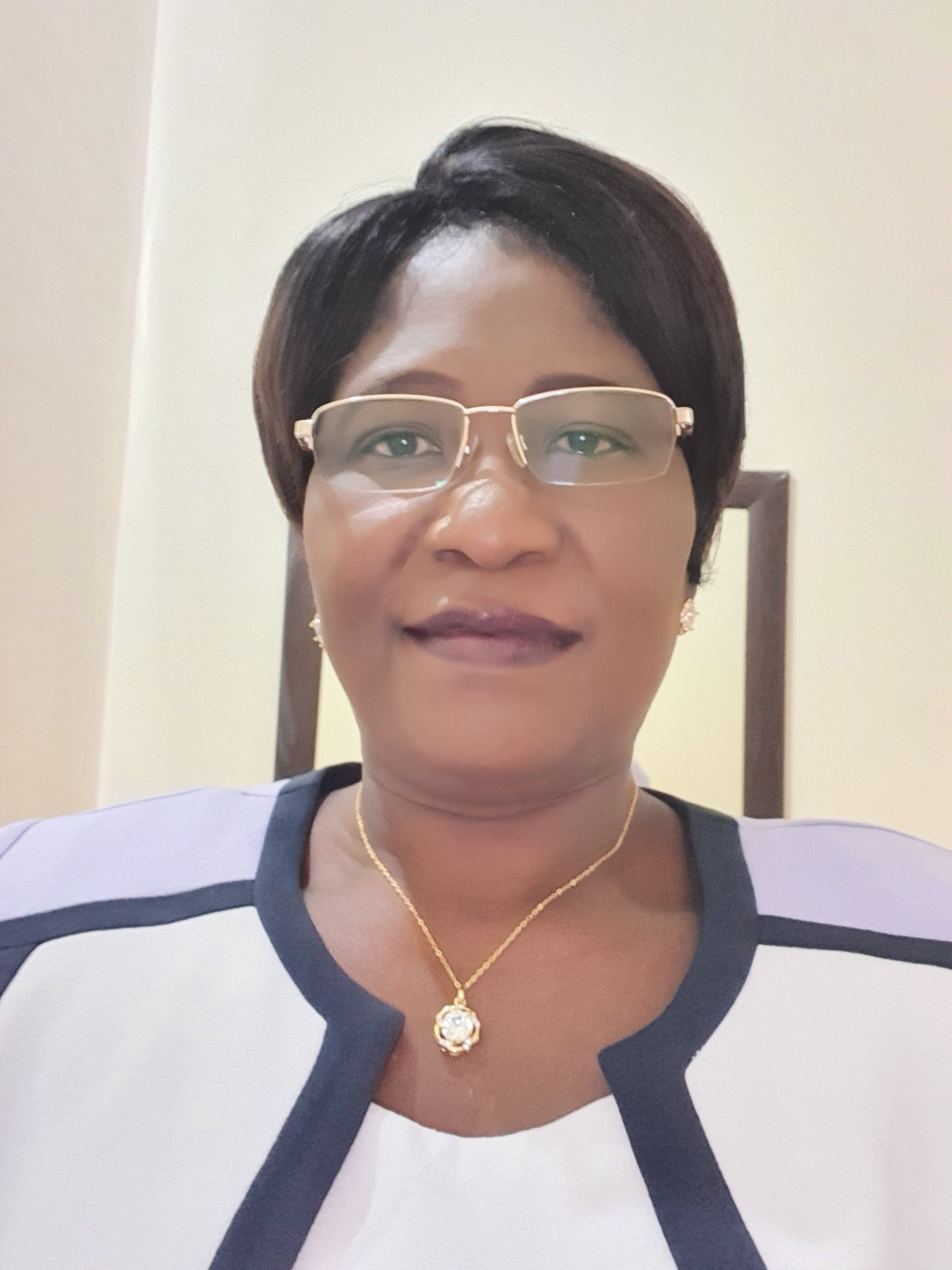The first digital workshop in the NORHED II project was successful, and developing simulation-based training is on schedule despite pandemic challenges.

The principal investigator in Malawi for the NORHED II project - Gertrude Mwalabu - is impressed with the workshop organization, the content, the cooperation and the communication that took place during the recent digital simulation-based education workshop. She is the Dean at the School of Nursing, Kamuzu University of Health Sciences.
Together with Kilimanjaro Christian Medical University College in Tanzania and University of Stavanger they are working on strengthening the capacity and quality of nursing and midwifery education through implementing simulation-based health education.
- The digital workshop was well planned and well attended. We have challenges with the internet in Africa, but we are very appreciative to our Norwegian partners who were very supportive with internet bundles through the project. Our clinical teaching will definitely improve, says Mwalabu.
The participants were selected based on their clinical expertise and competence. According to Mwalabu all of them are important in clinical teaching and for the implementation of the simulation-based education project, and should therefore be a part of the simulation-based training for the next five years of the project implementation.
Practice
The follow-up practical sessions of the digital workshop were requested with the aim of continuously getting better at relevant aspects and skills required for the implementation of the project. Accordingly, the practical element was a central part of the digital workshop. The purpose is to help the participants to remember the key components and aspects of the follow-up training.
- To improve skills in simulation-based education we need to practice. When you only listen you remember parts of what is being said, but not everything. When you both listen and practice you remember even more. That is going to be reinforced with the follow-up clinical training because it will consist more of practical than theoretical knowledge, says Mwalabu.
The simulation- based education is not entirely new. In the curricular documents simulation is mentioned, but is not emphasized. The simulation-based components will be reinforced during curricula review.
- We are implementing it as soon as possible and all trained clinical instructors are going to implement their skills and knowledge gained, which in turn we hope will improve clinical teaching. This is a six years project and simulation will therefore be reinforced in the nursing and midwifery programs with the support of the Registrar of Nurses and Midwives Council of Malawi because she is one of the trained facilitators of simulation-based education. The ultimate goal is better qualified health personnel, says Mwalabu.
Use of simulation scenarios
By following the simulation-based scenarios that are going to be available, students can improve their knowledge and skills. The scenarios will be facilitated by faculty members and clinical instructors. This is different from the regular training. The element of coming up with scenarios and setting objectives was missing, which is one of the key elements in simulation according to Mwalabu. She emphasized that they have previous experience with simulation-based training, though it was far from as ideal as the one in the simulation-based education project.
- Now we have an improved version of simulation as a teaching method at the university. Before this project, the experience was like trying to give the students skills, but not according to the definition of simulation. It is important to understand that simulation is about mimicking the real clinical environment, says Mwalabu.
Digital workshops because of covid-19

The project leader at the University of Stavanger is Ingrid Tjoflåt.
How did you prepare for the digital workshop?
- Teaching plan and relevant pre-reading was provided the managements team in both Tanzania and Malawi well in advance. The management teams ensure that the participants got access to the program and theoretical material and organised the workshops locally. Participant list was provided to the faculty at the University of Stavanger. The collaboration was very good both during the preparation phase and the workshop, says Tjoflåt.
How did the pandemic challenge project execution and how did you adjust project execution?
- The plan was to follow up with practical simulation sessions during visits by UiS to Malawi and Tanzania in November, but the visits are postponed until mid-February 2022 due to the pandemic situation. It was then important to find digital solutions to follow up the subjects taught in the first workshop. The management team both at Kamuzu university of Health Sciences and Kilimanjaro Medical University College emphasized that it was very important with follow up to further improve the participants competencies, says Tjoflåt.
Separate digital practical sessions related to simulation- based education will be conducted both in the end of October, November, December and January with the same participants as during the workshop. In February the virtual session will be replaced by real practical sessions.
Text: Eigil Kloster Osmundsen
Partners
Kamuzu College of Nursing in Malawi, Kilimanjaro Christian Medical University College in Tanzania and University of Stavanger (UiS)
Project manager